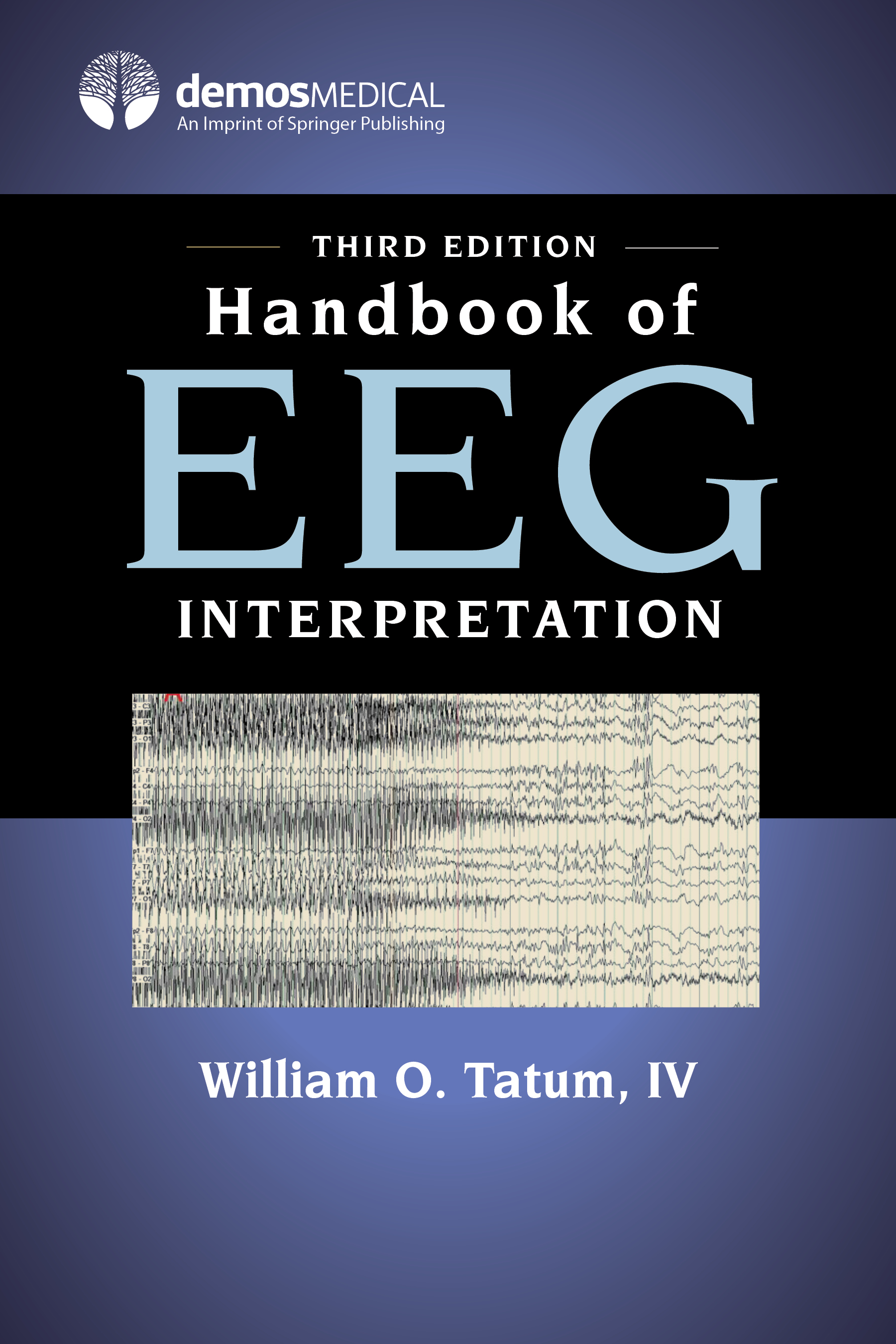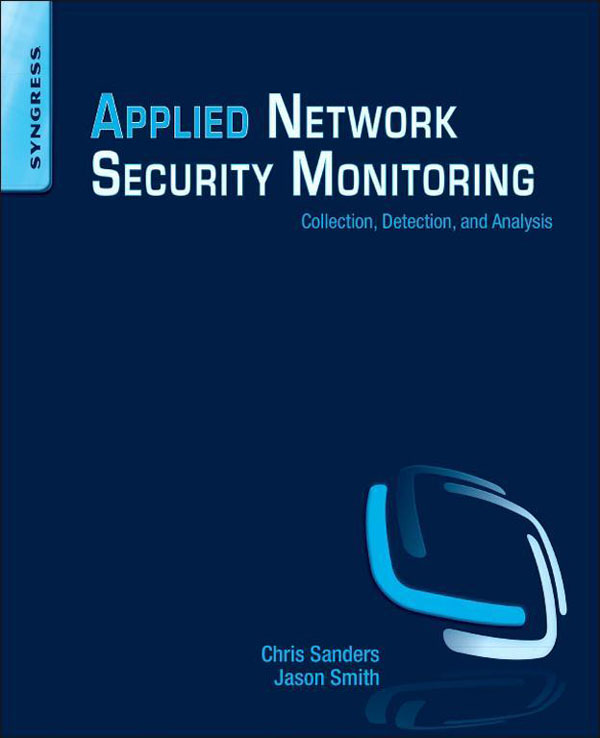Praise for the Third Edition: “[B]roadly clinically useful and provides excellent, succint, and practical information for clinical neurophysiologists of all levels… This should be a standard addition to the library of all neurologists.” © Doody’s Review Service, 2021, Lawrence Brown, MD (The Children’s Hospital of Philadelphia) Thoroughly updated and expanded Third Edition of the most trusted resource for anyone involved in EEG interpretation. Designed for on-the-go reference in the clinic or at the bedside, Handbook of EEG Interpretation concisely covers the fundamental components of EEG in clinical practice with graphic examples of classic EEG presentations and essential text throughout. Six new chapters have been added to address areas of growing importance with new dedicated chapters on technical aspects and artifacts of recording. With chapters written by prominent experts, this portable reference includes updated examples and color images new to this edition to reflect current advances in the field. Using a visual approach to identifying EEG waveforms, this handbook is the prime point-of-care reference on all major EEG topics: normal and abnormal variants, epileptiform and nonepileptiform abnormalities, adult and pediatric seizures, status epilepticus, ICU EEG, and sleep; in addition to ambulatory and video-EEG monitoring, electrocorticography, and magnetoencephalography. Essential “bottom-line” information in every chapter helps guide clinicians through the many challenges of EEG interpretation to improve patient outcomes. Practical tips from authors are included in a user-friendly manner. Designed for rapid retrieval and structured review, this handbook is a highly useful tool for neurology residents and fellows, clinicians, and technologists in search of reliable EEG information, regardless of specialty or level of training. Key Features: Third edition of the comprehensive, easy to read, quick access handbook on EEG interpretation Updated to reflect advanced clinical EEG applications and techniques Expanded coverage with the addition of six entirely new chapters Provides a visual approach to identifying EEG waveforms and understanding the essence of their clinical significance with over 300 color tracings Purchase includes access to the eBook for use on most mobile devices or computers












